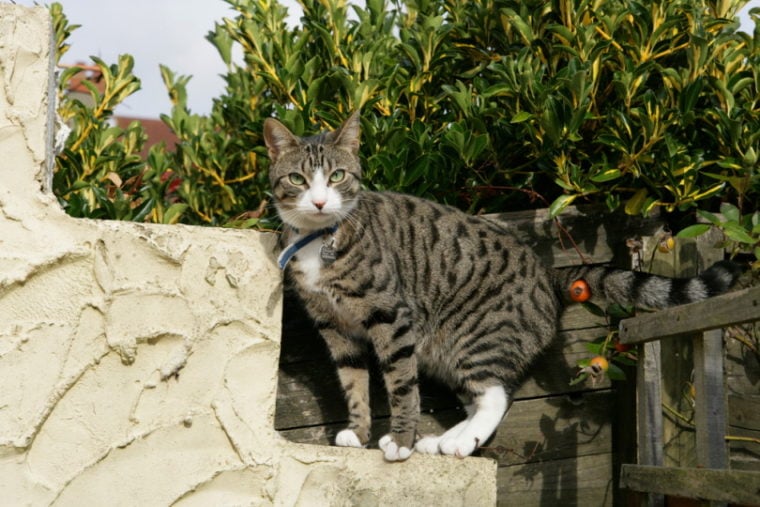
Introduced in the U.K. during the 16th century for their rat-catching abilities, especially during the Bubonic Plague, Domestic Shorthair cats are affectionately known as “moggies” due to their mixed breed status. These days, their low maintenance, friendliness, 12–14-year lifespan, and excellent health make them one of the most common cat breeds in the world.
While their mixed bloodline makes them resistant to many of the frequent ailments cats can have, the Domestic Shorthair is still prone to a few health concerns. This list includes eight of this breed’s most common health problems, split into minor and major health issues.
The 4 Minor Domestic Shorthair Cat Health Problems
1. Skin Disorders
One of the most common health issues that your Domestic Shorthair can suffer from is skin disorders. These can be caused by anything, including allergies, parasites, and infections. Bathing your cat too often can also lead to dry and irritated skin.
If your Domestic Shorthair has a skin disorder, you might notice that they scratch or groom themselves more often or are otherwise more restless than usual. Depending on the type of skin disorder that your cat is suffering from, they can have a variety of symptoms:
If you suspect your cat has a skin condition, you should take them to the vet before the problem becomes more severe.
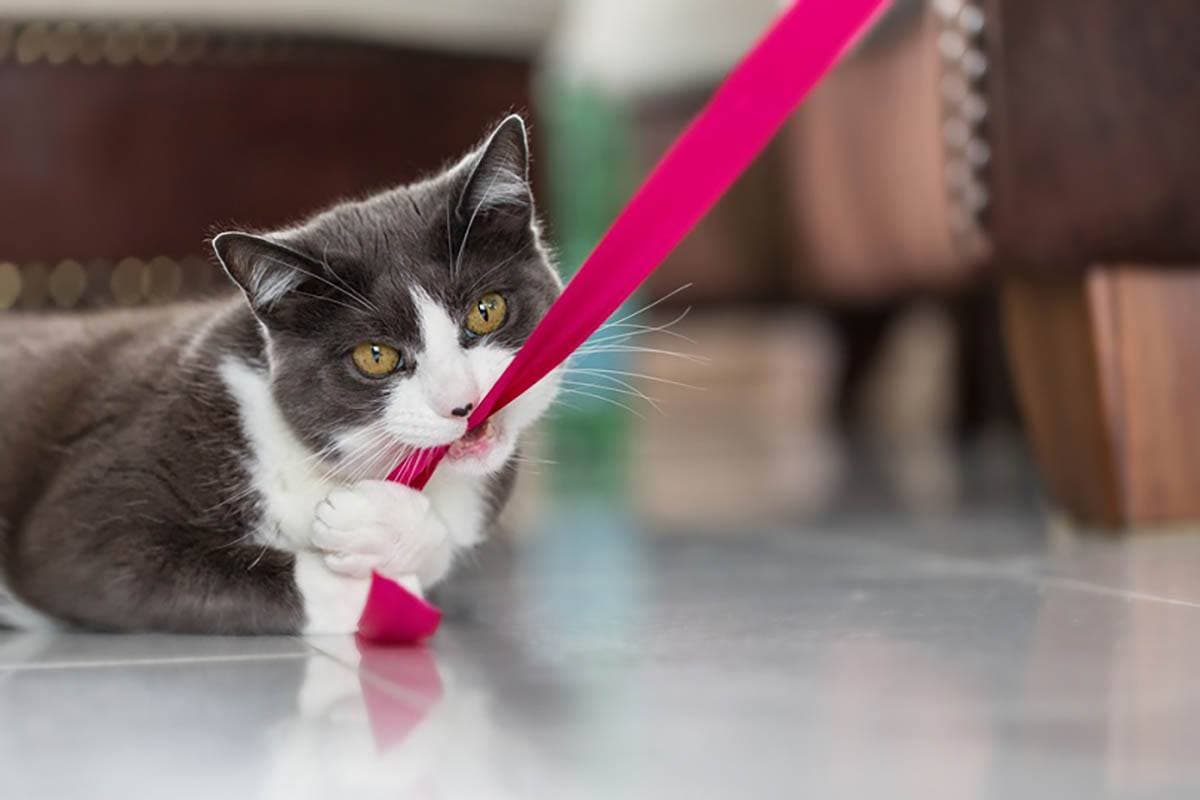
2. Upper Respiratory Infection
The Domestic Shorthair is prone to viruses that cause upper respiratory infections. While humans can’t catch a cold from a cat, the signs are just as unpleasant for felines.
Common signs include:
Most feline colds are harmless. They can be quite uncomfortable but will usually pass within a few days. However, some colds can become serious, leading to pneumonia or other respiratory issues. Check with your veterinarian to make sure you know how to help your cat get better.
3. Urinary Tract Diseases
Feline lower urinary tract disease (FLUTD) encompasses several health issues affecting a cat’s urinary tract. These include urinary tract infections, bladder stones, feline idiopathic cystitis, and cancer.
FLUTD can range in severity and can be caused by obesity, your cat’s diet, or genetics. The treatment for a urinary tract disease also depends on which type your Domestic Shorthair develops. Since this disease has several possible syndromes, it’s a good idea to visit your veterinarian to rule out the more serious disorders and figure out a suitable treatment plan.
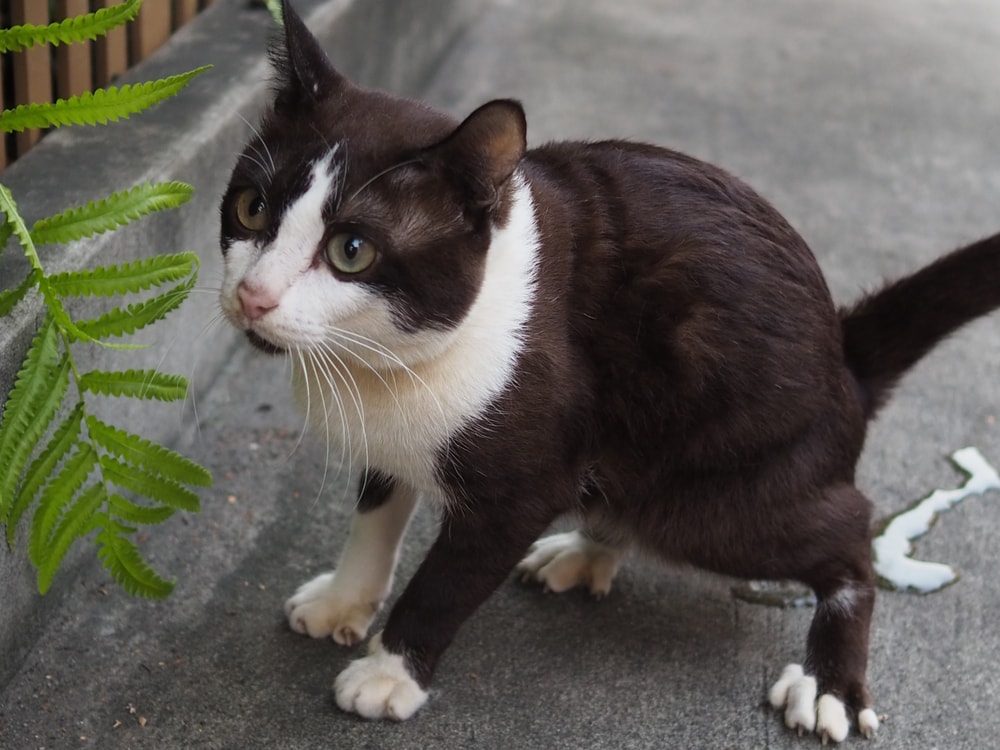
4. Vomiting
No matter the breed, your cat has to eat, which makes them prone to stomach upset, particularly if they eat something that doesn’t agree with them. If you’ve recently changed your cat’s food, even if it’s just a different flavor of the same brand, the sudden change can cause stress for your cat’s digestive system. For Domestic Shorthair cats, stomach upset can often lead to vomiting.
While it’s uncomfortable for your cat and messy to clean up, most cases of vomiting and stomach upset go away on their own and don’t require veterinary intervention. You should still keep an eye on your cat’s symptoms, though. If they continue vomiting for more than 24 hours, there might be a more serious underlying health issue, and you should contact your veterinarian.
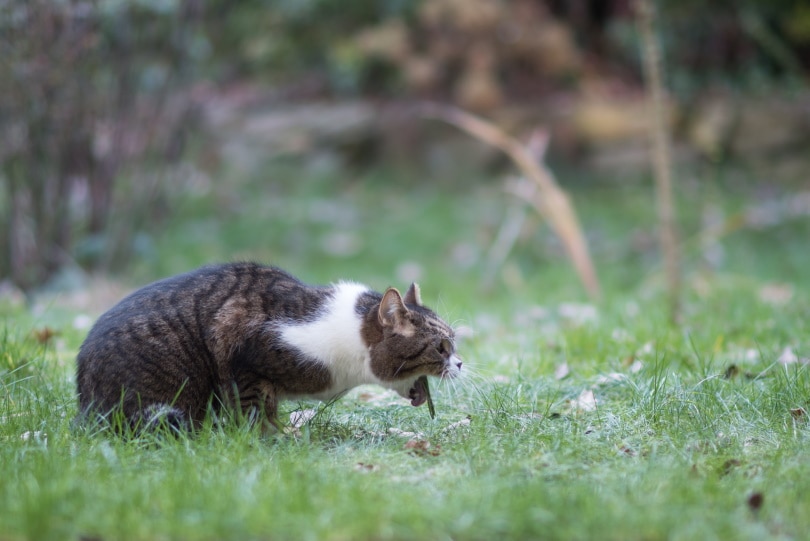
The 4 Major Domestic Shorthair Cat Health Problems
5. Diabetes
Diabetes in cats is also known as “sugar diabetes” or diabetes mellitus. More often than not, diabetes in felines affects the glucose levels in your cat’s blood rather than the production of insulin. The Domestic Shorthair is more at risk of developing diabetes due to their risk of becoming obese.
Paying attention to the early warning signs can help you and your veterinarian detect diabetes in your cat early. This will also allow you to better treat and manage the condition to improve your cat’s quality of life.
The signs include:
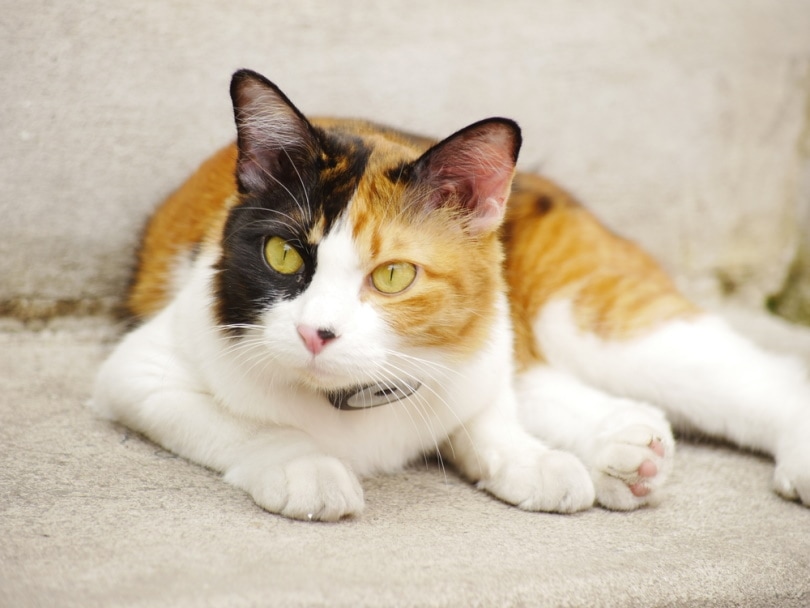
6. Hyperthyroidism
Hyperthyroidism is a common disease in cats that targets the endocrine system. It can happen at any stage of a cat’s life but can be prevented if caught early.
This disease is characterized by an abnormally high level of hormones emitted by the cat’s thyroid glands in the neck. These hormones can speed up your cat’s metabolism and lead to vomiting, weight loss, and excessive thirst. Hyperthyroidism can also lead to much more dangerous diseases, like heart or kidney failure and blood clots.
Thankfully, there are treatment options, including medication, surgery, and radioiodine therapy. Signs to watch out for are:

7. Kidney Disease
One health issue that’s common in all cat breeds is kidney disease. Kidney disease can be identified as either acute or chronic, and some of the signs are similar to other health conditions. Your veterinarian can help rule out other illnesses.
Acute Kidney Disease
More common in young cats, acute kidney disease develops much faster than chronic conditions. It’s often a result of blood clots, issues with urine flow to and from the kidneys, and exposure to toxins. Caught early enough, though, it can typically be cured.
Chronic Kidney Disease
Chronic kidney disease is a long-lasting issue that generally affects older cats. Unfortunately, it can’t be cured, but proper treatment and management can help your cat live life to the fullest. It can be caused by several things, including:
8. Obesity
Most Domestic Shorthair cats tend to be housebound. Keeping them indoors can prevent them from getting into accidents in the outside world, but they’ll also be more likely to laze around all day. This inactivity, coupled with overeating—whether it’s too-large meals or too many snacks—makes the breed prone to obesity.
Obesity in cats can lead to more severe disorders, such as joint pain, organ problems, and even chronic diseases like diabetes. Most of these conditions manifest during the later years of a cat’s life.
Fortunately, obesity and its consequences are manageable, though the best cure is prevention. Make sure to feed your cat a healthy, appropriately portioned diet based on their activity levels so they stay in tip-top shape.
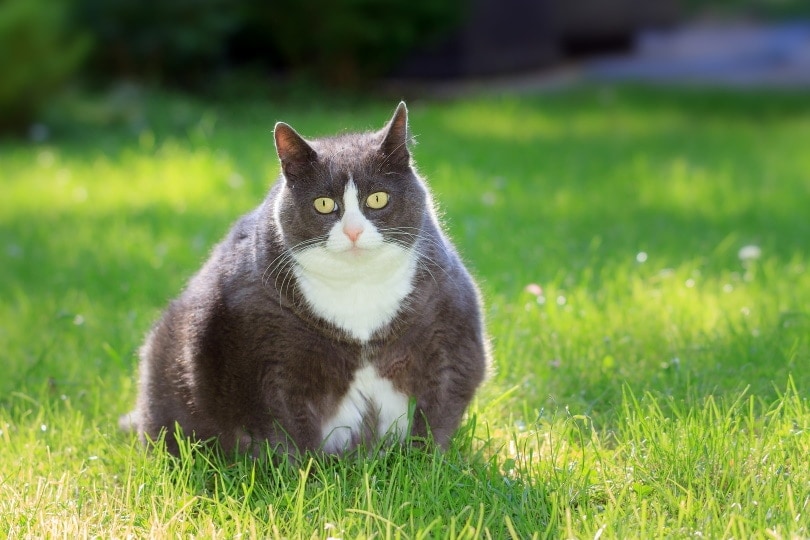
Conclusion
Domestic Shorthair is a hardy breed when it comes to potential health issues. Their mixed ancestry gives them a natural resilience to many common concerns, but there are still a few illnesses that can affect these cats.
Pay attention to the signs and talk to your veterinarian if your cat has any sudden behavioral changes or their signs don’t go away on their own. While these health concerns can be minor, catching them early will help you properly treat your cat.
You may also be interested in:
- Feline Infectious Peritonitis: Causes, Signs, and Treatments (Vet Answer)
- Kitten Health Issues: 9 Signs to Look For (Vet Answer)
Featured Image Credit: chrisbrignell, Shutterstock








